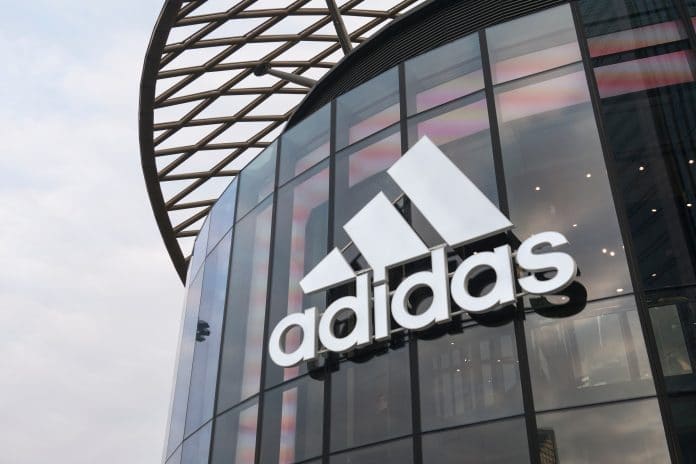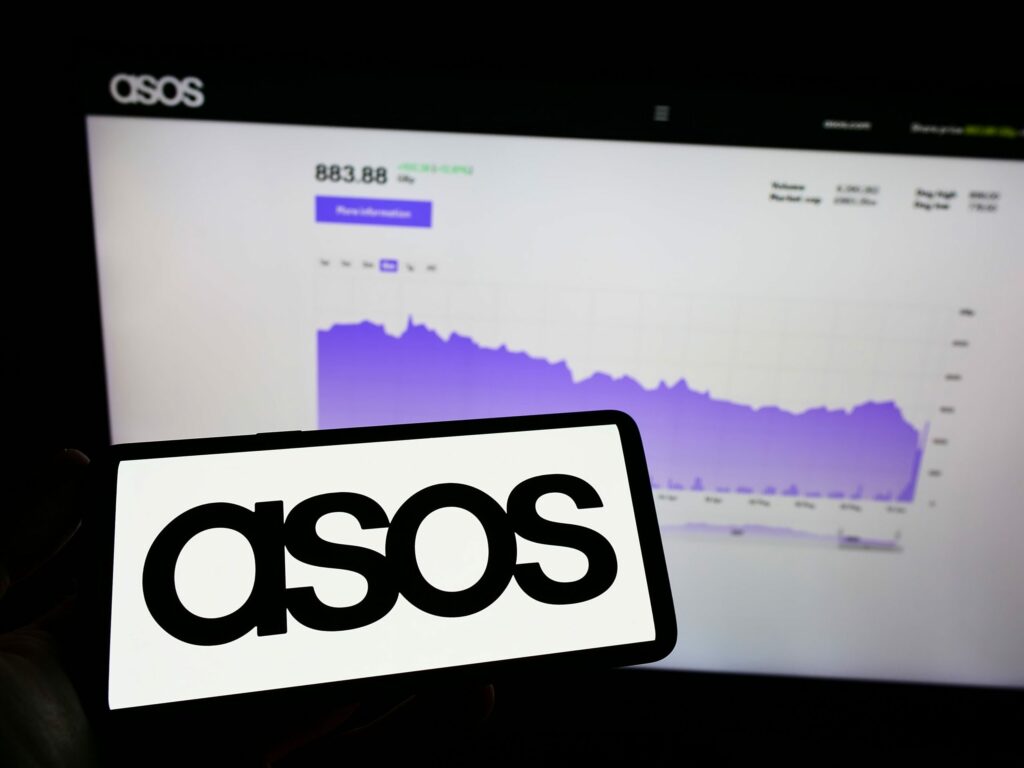“We continue to innovate in Oasis and Warehouse’s product and brand – I call that my day job. But it’s not an easy day job so I don’t take it for granted.
When Retail Gazette met Oasis and Warehouse group chief executive Hash Ladha at the tail end of 2019, the UK retail industry had endured yet another difficult year. This was pertinent for the fashion sector, which saw the likes of LK Bennett, Debenhams, Select, Karen Millen & Coast, Forever 21 and Bonmarche fall into administration or launch CVAs.
While Ladha acknowledged the challenges that came with running the parent company of Oasis, Warehouse and The Idle Man, he illustrated the group’s initiatives that aimed to avoid the same demise as some competitors.
Oasis and Warehouse recently invited third-party brands on its website for the first time – a move which saw brands from Little Mistress Group – such as Girls on Film, Little Mistress and Paper Dolls – launching their range on the Oasis site. According to Ladha, this “was born out of the strategic intent of working with brands to create a greater value for the business”.

Although the brands gained extra traffic by being placed in front of Oasis’ 700,000 online visitors a week, Ladha didn’t anticipate they would completely sell out within a fortnight – exceeding all company expectations and proving that “the Oasis customer does not just buy Oasis”.
“If we meet other retailers who share our philosophy around to work together and see where it goes, then why wouldn’t we?” he said.
“If it doesn’t work in the long term, then we just won’t do it and we don’t see that as failure, we see that as something we tried but didn’t work.”
Oasis’ ventures into adding to its portfolio didn’t end there. The group acquired online-only menswear retailer The Idle Man in September, in a move that Ladha said would “develop growth” for the company.
“We have good franchise business, good wholesale businesses, great relationships with our strategic partners and department stores,” Ladha said.
“So it makes sense that if there is a smaller brand out there which is wanting to scale. Our expertise could help them get there quicker.”
READ MORE:
- Oasis launches third-party brands online for the first time
- The Oasis and Warehouse Group sales rise despite “difficult” trading
- The Idle Man acquired by Oasis & Warehouse
Ladha went on to highlight plans for Warehouse to launch a sustainable menswear range in March – a project he was “very excited about”. At the start, the new range will be out in just one Warehouse store, one department store, as well as the Warehouse website and on Zalando.
From a competition perspective, Ladha said the Oasis and Warehouse group was well-positioned in the market. Oasis opened five new “local stores” in the 53 weeks to March 2019, which Ladha said was as a result of a successful trial in Farnham, Surrey in 2016.
However, he said the retail climate differs in London.
“In central London, there is so much choice,” Ladha told Retail Gazette.
“We are a small boutique retailer, we’re not a big scale retailer, but if you walk down Oxford Street, we are in that run between Topshop and Liberty.
“There’s not really much on that street other than Warehouse, Oasis, a theatre, and Gentle Monster. So from a traffic perspective, it does really work for us because it’s not competing.
“But that said, it is still faced and surrounded by really large stores of global retailers, and that is a very highly competitive space to operate in.”

Ladha’s forward-thinking nature comes from his extensive career history in retail, a career which he happened to come upon “by accident” after graduating from the University of Wales where he did law.
“It was not intentional. I didn’t think ‘oh my gosh I’m going to work in fashion’,” he laughed.
From working at the Burton Group – which then became Arcadia Group – to New Look and most recently Asos, Ladha said he has acquired “a bit from each role” as it was a “constant learning journey”.
“When I’ve ever moved jobs, it’s always been about where it’s all going with the industry growing, and where can I add the most value to my passions, philosophies and my skill set to an organisation,” Ladha explained.
He made a decision to join BHS long before its collapse to learn what it was like to work in a department store environment, before moving on to New Look at a time when fast fashion was trendy.
“New Look were doing different things, they were launching new categories, but also they were scaling up by taking small stores and towns and making them large stores,” he recalled.
“They were becoming the mecca of fashion.”
Ladha’s move into Asos came from “a chance meeting” with chief executive Nick Beighton, which saw him take up a three year role as Asos’ marketing and operations director.
“I went to Asos was because online was starting to emerge. I wanted to understand what that was all about.” Ladha said.
“During my time there, we were creating things. People asked me, back in the day, ‘where did PPC and SEO sit?’ ‘who managed social?’ None of these things existed. We were creating the pathway that everyone would follow.
“It was just us, and some of the vast industries which have grown around digital today, did not exist. Instagram hadn’t even been thought of, Facebook was relatively new.”
When Hash joined Oasis in 2010, he admitted it was “never intended to be a 10-year gig”.
“My motivation for coming to Aurora Fashions, as it was then, was about having done the bricks-and-mortar piece and then the online piece during my time at Asos, and trying to knit that to truly bring together multichannel which then morphed itself into an omnichannel world,” Ladha said.
“We (Oasis and Warehouse) were the first fashion brand ever to offer 90 minute delivery in the UK.
“We were the first ever to put iPads and devices into store, and we were the first UK fashion retailer to launch ship from store.

“I found myself going from Asos where I was creating with Nick and the very brilliant talented management team there, to a career which meant we were shopping in a way which hadn’t existed before,” he added.
Despite Ladha’s efforts to sustain Oasis’ success, the retailer’s sales were adversely affected by House of Fraser’s administration in 2018.
“I think the model of UK retailing, which has emerged in the last 20 years, has been, standalone stores, to standalone stores in some concessions,” Ladha reflected.
“And then it’s moved to having more concessions and standalone stores for mid-sized businesses.
“When that strategic intention or move was made over the last 20 years, I don’t think anyone would have fast forwarded to 2019 and thought that two of the UK’s largest department stores – House of Fraser and Debenhams – would have gone through the processes they have.
“However, I don’t think it’s exclusively a department store thing – bricks-and-mortar retailing is tough. It’s not easy running a department store.
“From a concession’s perspective, I don’t think it’s about whether we should be selling in concession versus standalone. We need to be selling where the consumer is.
“There needs to be a rebalance of the cost base in bricks and mortar and there needs to be a rebalance in government policy.”
For the future of Oasis and Warehouse, Ladha remains positive but is transparent on how “things inevitably change in business”.
“The moment you stand still is the moment you get knocked over,” he said.
“So we are very clear that standing still is not an option and that we might just sometimes run in the wrong direction, but that’s okay too.”
Click here to sign up to Retail Gazette‘s free daily email newsletter


















